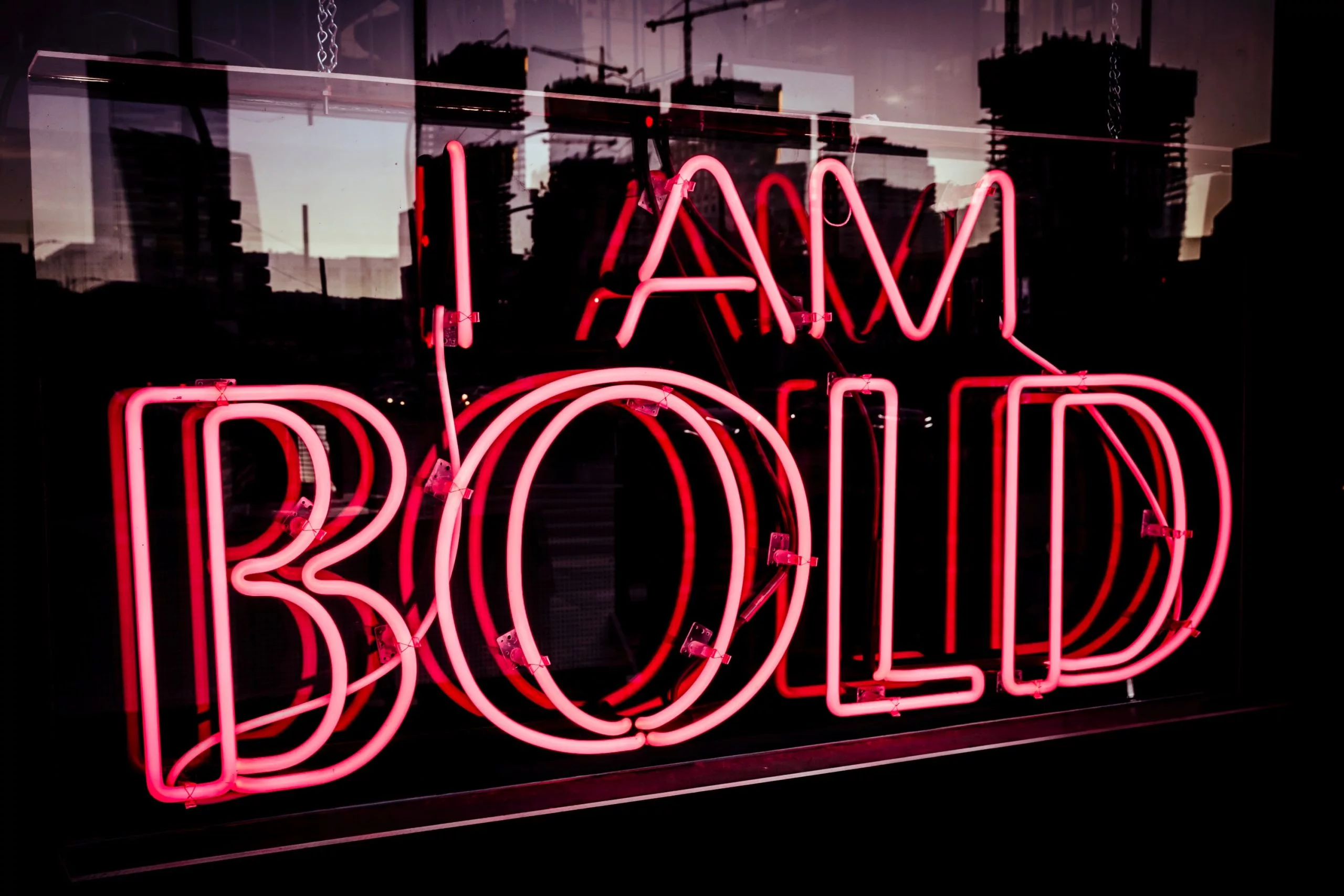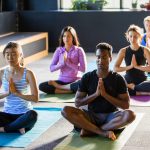Maybe that’s all any of us can do: perpetuate decency and goodness and generosity in the infinitesimal space of the next choice in front of us. Maybe if we make this world a little bit more loving in the small and the close and the present, maybe the ripples will eventually reach the big and the distant in the future.
John Pavlovitz
We are living in a state of constant unknowing right now. Over and over I have had conversations where someone says, “It would just be easier if I knew what was going to happen with __________ .” We are used to being able to figure things out; to find the solution; and to move forward. Many of us are even great at pivoting if the solution we implemented turns out to be the wrong one. I think this is especially true for entrepreneurs and innovators in the social impact space. Most of us started our business because we saw that the way things worked wasn’t working, and we believed that we knew a better way. We aren’t people who sit around and wait to see what will happen next. Slow and steady is rarely the mark of a true innovator.
In order to do this successfully, you have to be able to predict the future. And that prediction comes based on all the information of the past. But with COVID-19, we don’t have that luxury. We have never been in a global pandemic like this before. I say, like this, because the closest thing in our lifetime was the AIDS epidemic, which we knew early on could be stopped by certain behaviors and then, the Spanish Flu in 1918, and nothing about our world resembles 1918 (technology, economy, etc.) There are things we can learn from those two examples (and many others) that could help us make some decisions better, but, for the most part, we are in uncharted territory.
When I read things where people are discussing what will be different when it all opens back up, and they are referring to literal/physical things, I always have a second where I think, “Why will we all still have to be cautious when this is over?” And then I realize that no one really knows if this will be over completely, and so we are all trying to imagine what life will be like if it never is. This has prompted conversations and articles about reimagining things such as College campuses, air travel, and more. And it’s the part that no one really talks about – the messy middle.
I’ve often watched a dystopian movie and thought, “How did they let it get to this point?” I think that’s one of the things that the Handmaid’s Tale (TV series) really opened up for me. Horrible futures do not come from one moment where we lose a war, they come from a series of moments where we make the wrong choice or where we lose over and over again – because no one ever thinks it will be that bad.
But if horrible futures are created in a series of losses and missteps over and over, so too can beautiful futures be created in a series of wins and good decisions.
They are also created in the moments you acknowledge what you don’t know and avoid declaring what you do. Imagine how different the world might be for queer people if Regan had not announced so early on that AIDS was limited to the gay community. Not only might the treatment of gay people in our society be different, but the other communities that showed clusters early on could have had access to treatment.
It is my belief that what the world needs now is not grand sweeping declarations of how we can overhaul massive parts of our culture or economy. We need people who are making one good decision at a time and spreading the energy and emotion that comes from those decisions. I’m thinking of stories you hear about a sports team playing their last two games with the same vigor as the first 50, not because they have a chance to make the playoffs, but because the experience of winning is life-changing today. Or people who run for office knowing they will never win because they want children to see people who look like them running for office.
And we need people who are continuing to do what they have always done. In law school, you learn that the facts of any case can be applied to any law. When you understand what the law means, you can simply apply the facts and argue your case. This is because we believe that the spirit of the law remains constant. The same is true with a brand or company. When you are clear on your mission and your purpose, you can apply that to any situation and the choices you made will be good ones, and you can achieve wins, even in a situation that has no clear ending in sight.
It seems like the grandest example of the concept of letting go of your attachment to the result.
This is one of the hardest philosophies for many of us to engage with. We are used to doing certain things in order to reach certain long-term outcomes. This has hurt our culture. The key is to balance the energy of the future you are building with the specifics of the life you are living. COVID-19 has taught us that we have zero control over tomorrow. We can only control how we interact with today.
True leaders know this. When we started to realize that this was going to have devastating and broad-sweeping effects, they stepped up and did what they had always done: support their communities. And they did (and are doing) it one day at a time. The eight people featured in this series are doing it in some of the best ways I’ve seen. They are making sure their communities are safe, provided for, and loved. They are continuing to provide what they have always provided: answers to some of the world’s toughest problems.
Imagine if we all did this every day – what a beautiful future we would be creating.
Take a look at the Leaders and the Bold Insights they’ve discovered about Taming the Environment in the following 8 articles:
- Amanda Brotman, Amanda Pearl: Trusting your gut is the first step to taming your environment.
- Misty Castaneda, For Purpose Kids: Creating the next generation of global citizens will make us all smile.
- Kate Mitchell & Danielle Gustafson, St. Augustine Real Estate: There is beauty in every task, every struggle, and every day.
- Will Stringer, Chisos: Occasionally we get to help bend the arc of the moral universe towards justice.
- Eileen Gordon, Barnaiser: Taming our messy food system requires building intentional communities.
- Anya Ranganathan, Bad Apple Produce: Taming the environment requires utilizing less-than-perfect options.
- Shaun Pauk, Ejido Verde: Taming the environment requires utilizing the dynamics of reciprocity and interconnectedness.
- Mark Eckhardt, Common: Taming the environment requires being not just innovative, but truly adaptive – and fun!






